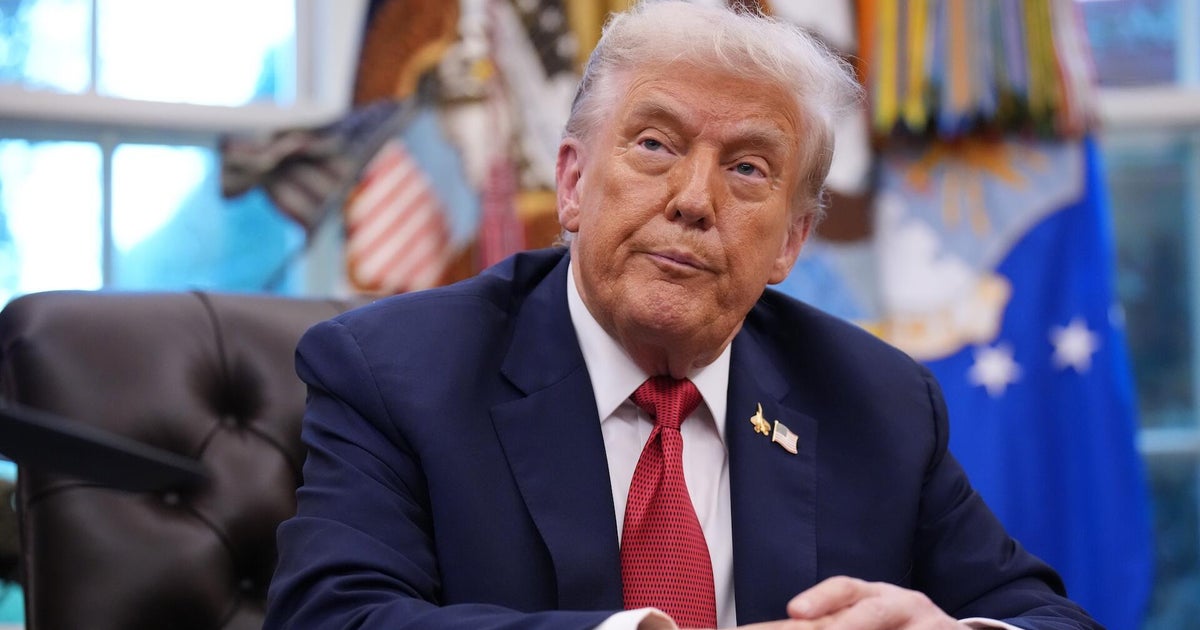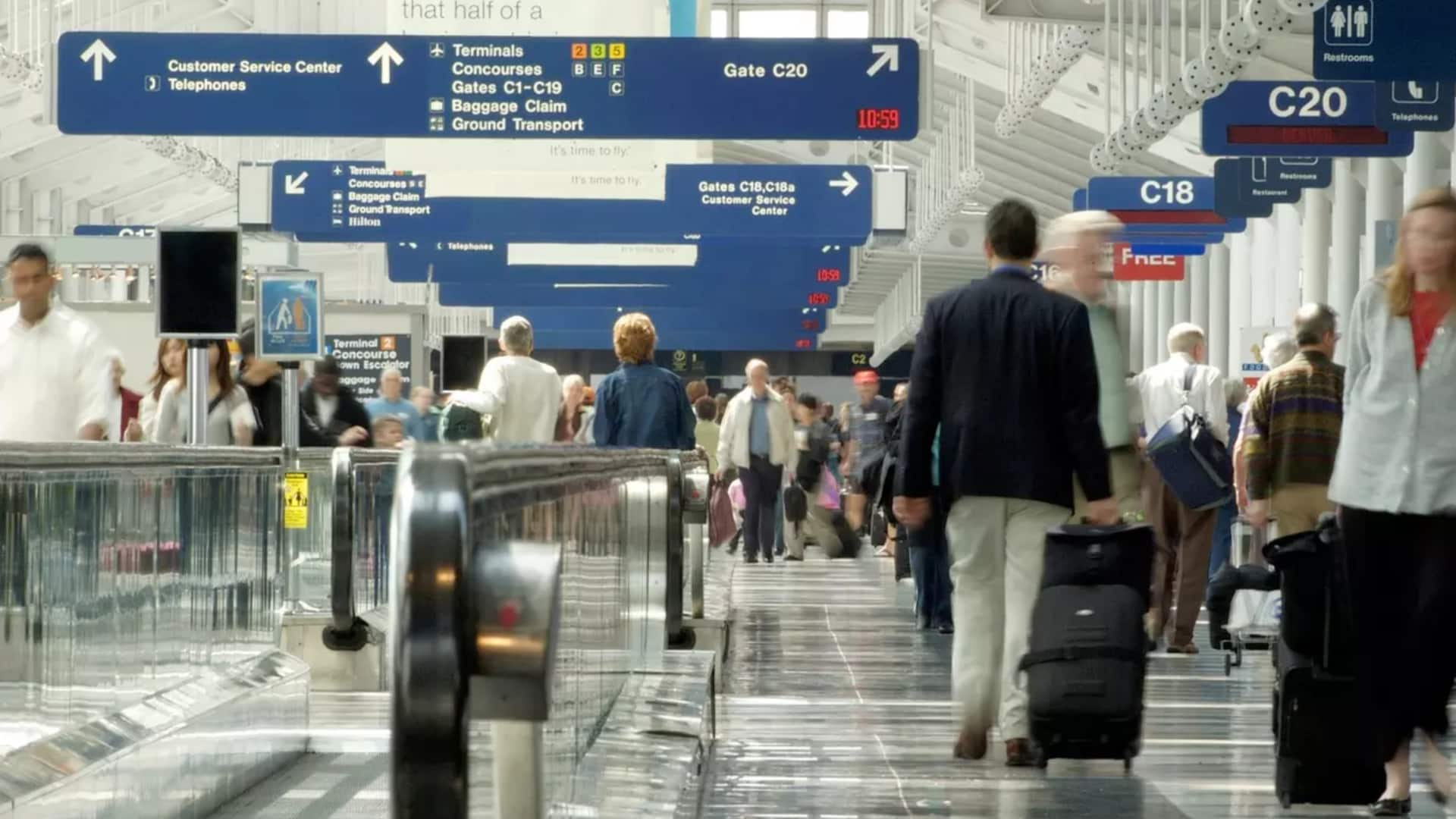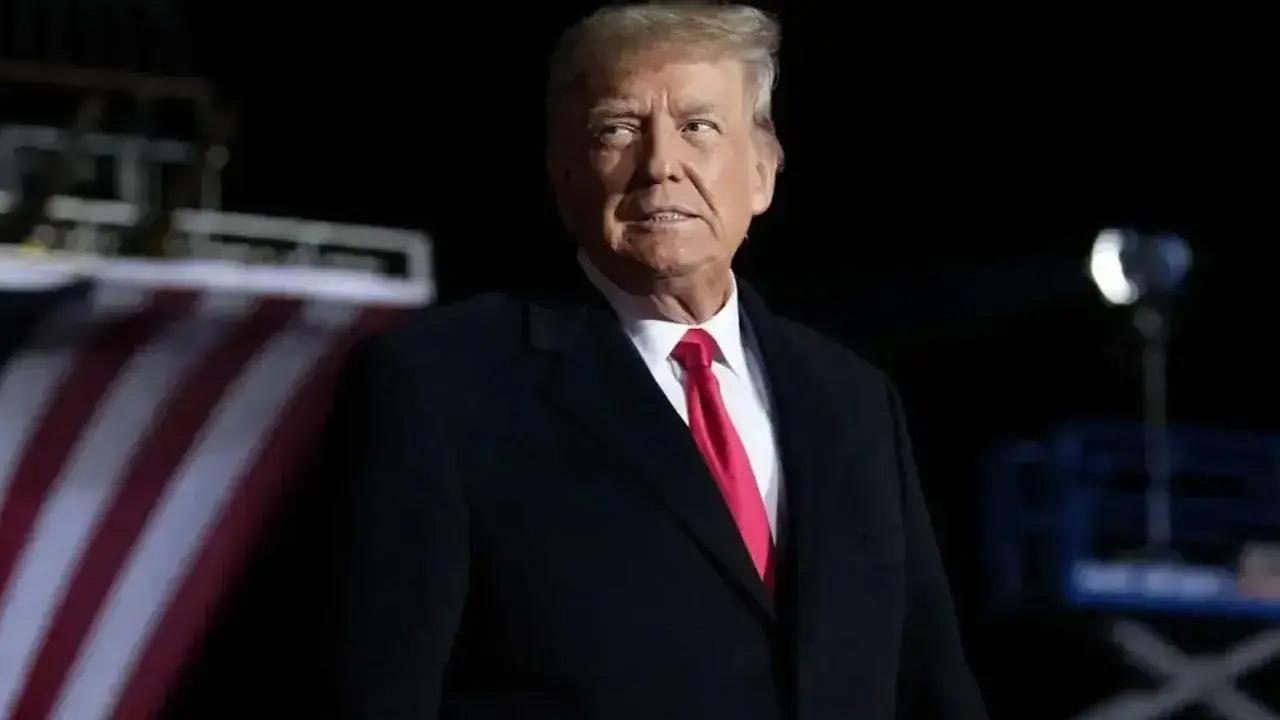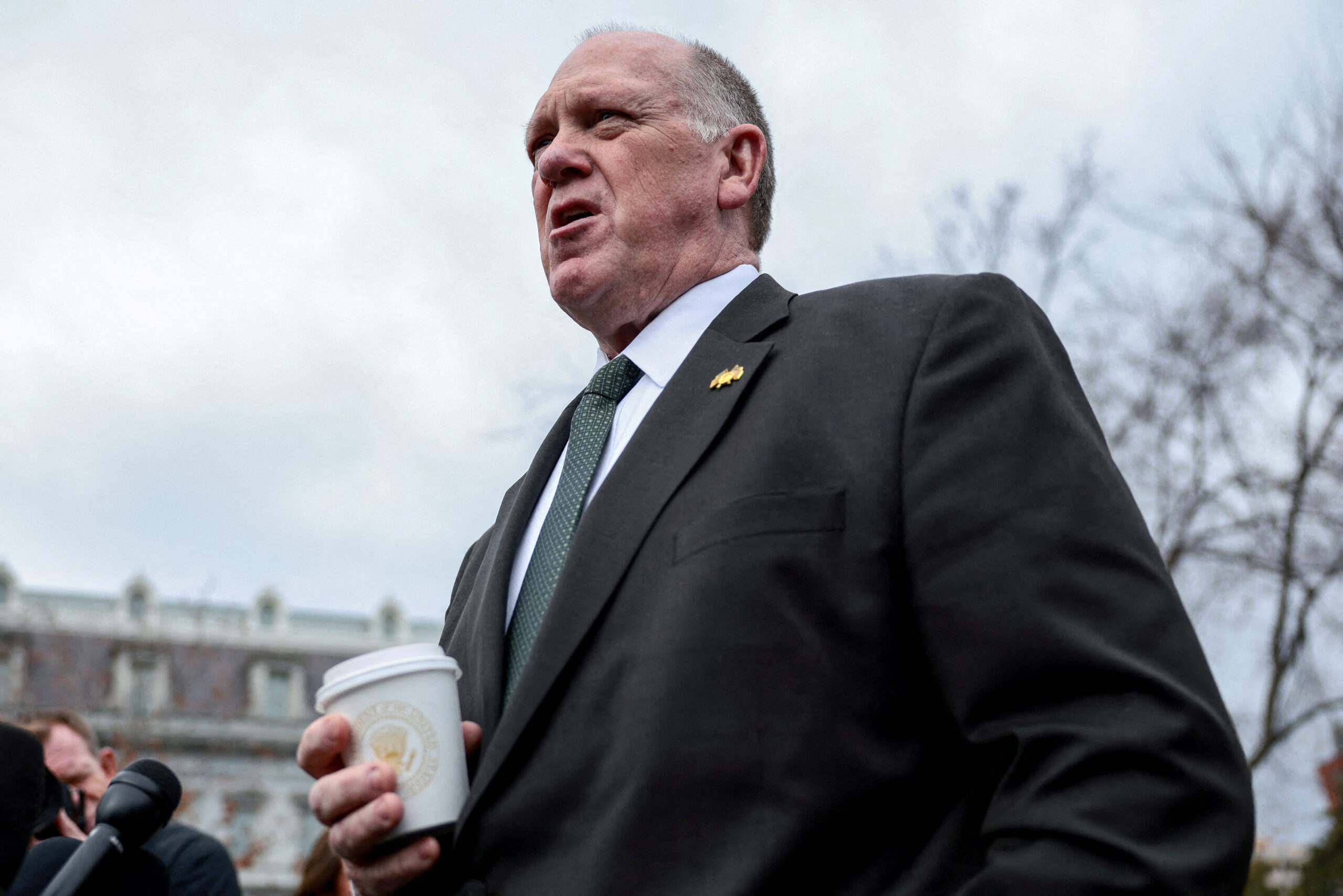**Supreme Court Clears Way for Trump Administration to End Temporary Protection for Venezuelan Migrants**
*Washington* — The Supreme Court on Friday cleared the way for the Trump administration to end temporary legal protections for more than 300,000 Venezuelan migrants living in the United States.
The high court agreed to freeze a lower court decision that had found the Department of Homeland Security (DHS) illegally terminated the Temporary Protected Status (TPS) program for Venezuelan migrants. This program had allowed them to live and work in the U.S. without the threat of immediate deportation.
By halting the September ruling from U.S. District Judge Edward Chen, the Supreme Court is allowing the Trump administration to proceed with rolling back legal protections for Venezuelans. This marks the second time the high court has green-lit the DHS’s move to strip hundreds of thousands of Venezuelans of their temporary legal status.
“Although the posture of the case has changed, the parties’ legal arguments and relative harms generally have not,” the Supreme Court said in an unsigned order. “The same result that we reached in May is appropriate here.”
Justices Elena Kagan and Sonia Sotomayor would have denied the administration’s request for emergency relief, while Justice Ketanji Brown Jackson dissented. Jackson criticized the decision, writing, “We once again use our equitable power (but not our opinion-writing capacity) to allow this Administration to disrupt as many lives as possible, as quickly as possible. I view today’s decision as yet another grave misuse of our emergency docket.”
—
**Background and Legal Arguments**
In seeking emergency relief from the Supreme Court, Solicitor General D. John Sauer argued that the lower court could not review DHS Secretary Kristi Noem’s decision to cancel an extension of TPS status for Venezuela and then revoke the country’s designation.
Sauer wrote in a filing that the district court’s ruling “impedes important immigration enforcement policies” by allowing 300,000 Venezuelan migrants to remain in the U.S., despite Noem’s determination that doing so is “contrary to the national interest.”
The Trump administration’s request for emergency relief continues a pattern of accusing lower courts of ignoring Supreme Court orders issued earlier in related cases. In May, the high court allowed the administration to end the TPS program for Venezuelans while legal proceedings continued. However, Judge Chen went on to rule on the full merits of the case last month, declaring the Trump administration’s attempt to strip TPS from Venezuelans living in the U.S. illegal.
Chen criticized the speed and manner in which Secretary Noem acted, saying, “The Secretary’s action in revoking TPS was not only unprecedented in the manner and speed in which it was taken but also violates the law.”
—
**TPS Program and Recent Developments**
Congress created the TPS program in 1990 to provide temporary immigration protections for migrants from countries impacted by wars, natural disasters, or other “extraordinary and temporary” conditions making it unsafe for them to return home.
Under TPS, migrants cannot be removed from the U.S. and are authorized to work during the designation period, which typically lasts up to 18 months.
The Biden administration designated Venezuela for TPS in March 2021 and extended the program later. Then-Homeland Security Secretary Alejandro Mayorkas also re-designated Venezuela for TPS. However, after the Trump administration took office, Secretary Noem canceled the previous extension and rescinded the program, citing that allowing migrants to stay temporarily would be “contrary to the national interest.”
Noem argued that the TPS program had enabled many Venezuelan migrants without a path to permanent legal immigration status to settle in the U.S., which strained local resources. The Trump administration urged Venezuelans covered by TPS to self-deport before protections ended in April.
In February, a group of TPS beneficiaries and the National TPS Alliance challenged the administration’s move, seeking reinstatement of the legal protections. They secured preliminary relief in March and won on the merits last month. Although the Trump administration asked a federal appeals court to pause the lower court’s ruling during appeal, the request was denied.
—
**Arguments from Both Sides**
In its bid for emergency relief from the Supreme Court, the Trump administration maintained that federal immigration law forbids courts from second-guessing Noem’s decision to end TPS for Venezuela.
Sauer stated, “[T]he Secretary determined that even a six-month extension of TPS would harm the United States’ ‘national security’ and ‘public safety,’ while also straining police stations, city shelters, and aid services in local communities that had reached a breaking point.”
He also noted that delays in enforcing the Secretary’s decision could undermine U.S. foreign policy, which involves complex negotiations with Venezuela.
Conversely, lawyers representing the plaintiffs, led by the National TPS Alliance, described the administration’s claim that Judge Chen ignored the Supreme Court’s earlier order as “baseless and dangerous.” They also highlighted the harm caused by the Supreme Court’s prior order allowing the administration to end TPS protections for Venezuelans.
“People lost their jobs, were jailed, and ultimately deported to a country that remains extremely unsafe,” the plaintiffs’ lawyers wrote. “The summary judgment order below has provided respite from that harm by restoring the status quo. Disturbing it now will cause massive injuries to Plaintiffs and their loved ones, including many American children.”
TPS beneficiaries also argued that Noem had exercised “unprecedented authority to vacate a TPS extension at any time, for any reason,” violating the TPS system created by Congress.
—
**Broader Implications**
Since President Trump’s return to the White House, his administration has sought to end several programs that allow certain migrants to live and work in the U.S. The Supreme Court has allowed many of the administration’s immigration policies to move forward, including the cancellation of a program benefiting roughly 500,000 Cubans, Nicaraguans, Haitians, and Venezuelans.
The latest Supreme Court decision continues to shape the future of TPS and the lives of hundreds of thousands of migrants who rely on these protections.
https://www.cbsnews.com/news/supreme-court-trump-temporary-protected-status-venezuelans/



